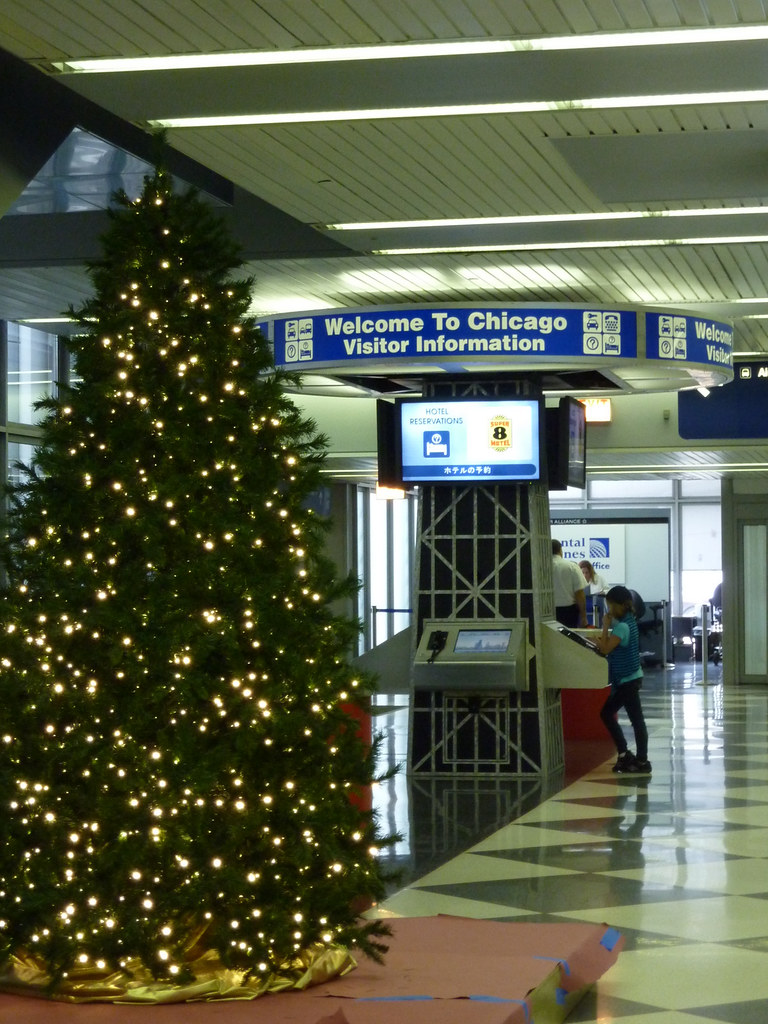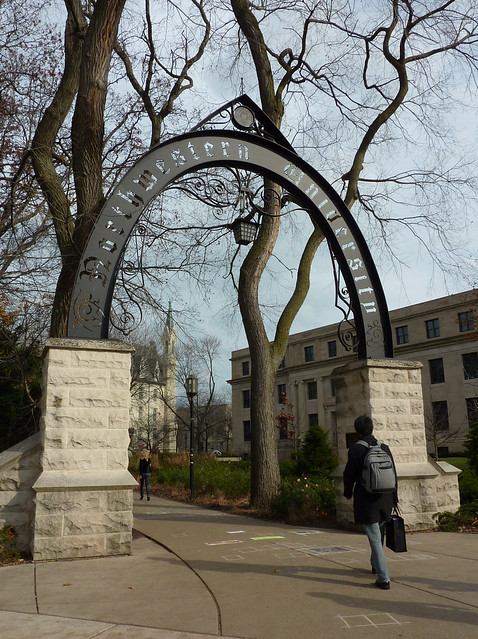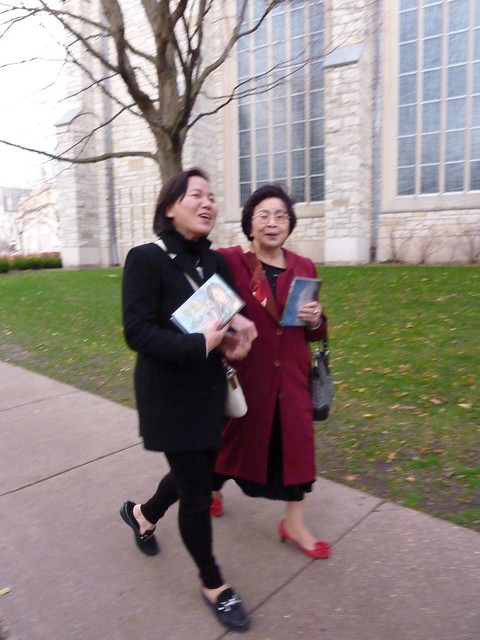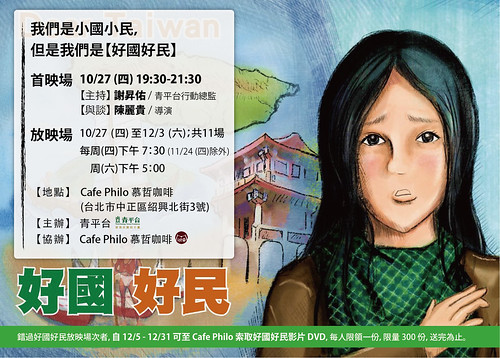To all our friends and supporters, the film in its entirety is online! I realize that through other outlets, such as our Twitter feed and Facebook page, this info has already been broadcasted, but in case you missed it! And yes, we want to hear from you! Comment below, comment on YouTube, tweet at us, leave us a message on Facebook, and/or email us! Let us know what you're thinking
Part 1:
Part 2:
Part 3:
After reading about the recent legislative elections and the upcoming
presidential election, I'm intrigued by how voters in Taiwan grapple
with the issue of national identity.
Having immigrated to the US
at age six, I crossed cultural borders constantly during my childhood.
Each morning, I would leave a house filled with Asian customs and
traditions and then go to school surrounded by American culture.
When
the "where are you from" question was asked from time to time, I
usually replied "China," which was geographically accurate, as my family
left Shanghai for the US.
However the "Chinese-American" label wasn't so accurate.
My father grew up in Taiwan, my mother grew up in Japan and my brother was born in Japan.
All four of my grandparents grew up in Taiwan speaking Taiwanese as their primary language.
Nevertheless,
I described myself as Chinese-American to others throughout my
childhood in spite of the obvious fact that I didn't have Chinese
heritage.
Years later, while in graduate school, one of my
roommates, a Taiwanese, was having a lively discussion with one of his
close friends, a speaker of Cantonese.
The Cantonese friend thought of himself as Chinese and considered Taiwan as part of a greater China.
My roommate disagreed -- for obvious reasons -- and then turned to me to ask: "What do you consider yourself?"
I tersely replied "Chinese" while grabbing a quick bite during a study break.
Aware of my family's background, my roommate became exasperated and gave me a look.
Not being politically savvy, I simply finished my snack and went back to hitting the books.
A
few years later, I heard the distinct sound of Taiwanese as my father
was chatting on the phone. I assumed that he was talking to someone on
his side of the family.
However, my mother said that he was on the phone with one of my cousins on her side of the family.
Unlike most of my cousins on her side, that particular cousin grew up in Taiwan.
They
were discussing the upcoming 2000 presidential election, when it seemed
the Democratic Progressive Party (DPP) could replace the Chinese
Nationalist Party (KMT).
A few months later, that cousin visited
us for the Thanksgiving holiday and cheerfully discussed with my father
the first Taiwanese party to capture the presidency.
They spoke of
that election with the same emotion felt when describing a profoundly
meaningful personal event, such as one's wedding day or the birth of
one's child.
I was disappointed in myself that I had not understood before how much significance this event held for my father.
The
clues were there. He was born in Taiwan under Japanese colonial rule,
witnessed second-class treatment at the hands of the KMT during his
childhood and ultimately had to leave his native Taiwan for a chance at a
better life as an adult.
Add on the fact that none of my
grandparents lived to see a Taiwanese elected to preside over their own
country and it's clear why that election was so significant.
While
one election certainly didn't undo decades of injustice, at least it
gave hope to my father that the ship continued to point in the right
direction.
As for my journey to the obvious, I'm not exactly sure what took so long.
Perhaps
I was so focused on school that I didn't reflect fully on my origins.
Perhaps it was fear that kept my parents from discussing sensitive
political topics. Perhaps it was the hassle of having to explain the
distinction between Chinese and Taiwanese to everyone.
Circling back to the issue of the upcoming presidential election, as
Taiwanese voters proceed to the polls again, they need to carefully
consider their own history in order to build that path to a better
future.
I suspect that many are realizing now that they themselves have essentially handed the legislature to a foreign regime.
If
the Taiwanese truly understand who they are, then they should be
extremely wary of the KMT, who are likely to appease communist China,
export strategic technology to China and shackle Taiwan to a Chinese
economy that may well be a bubble on the verge of collapse.
The Taiwanese should make a stand now so that the ship continues to point in the direction of freedom.
Otherwise, they will hand their destiny over to the same people who forced suffering upon them for decades.
As
a person of Taiwanese heritage with a US viewpoint, it is obvious that
Taiwan must acknowledge its soul or risk losing that and much more in
the future.
Carl Chiang
Richmond, California




